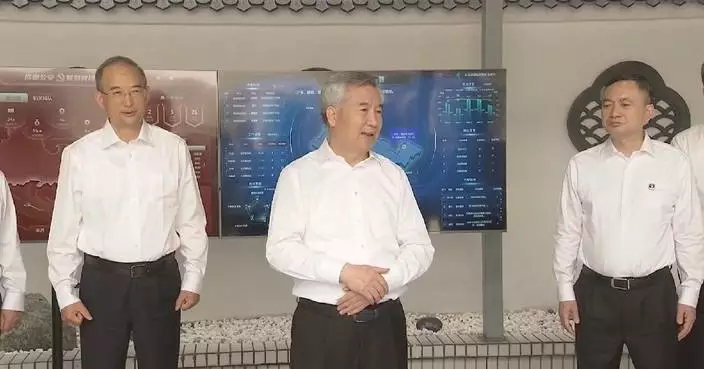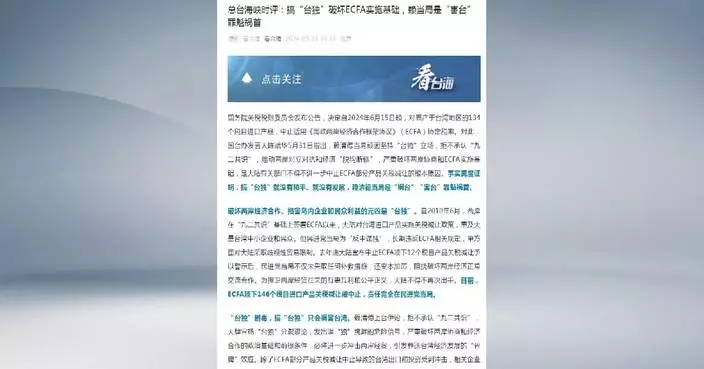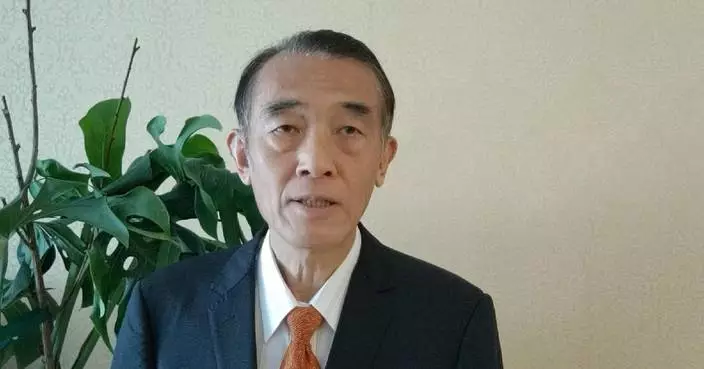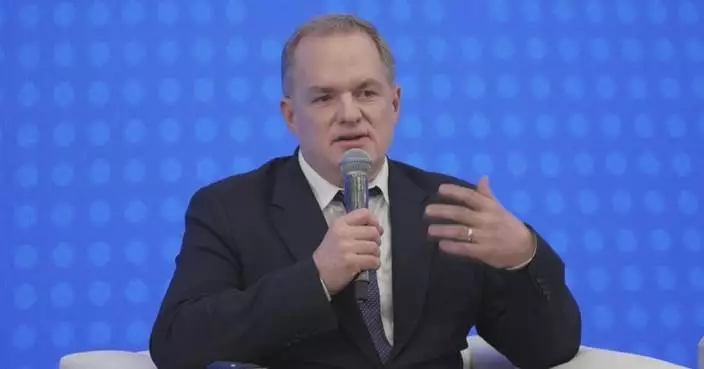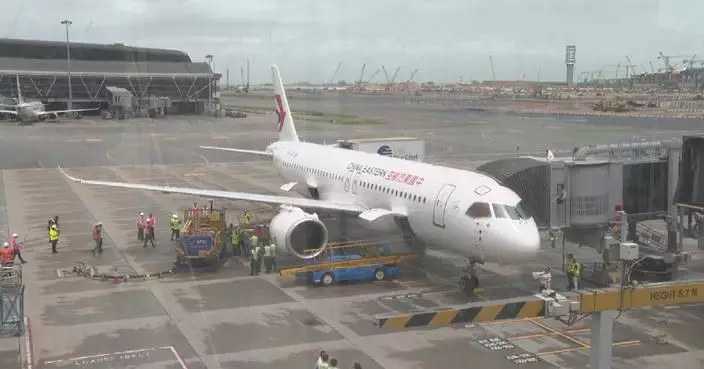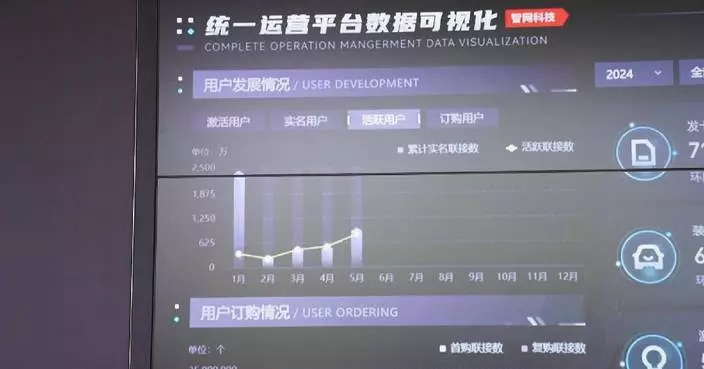East China's Anhui Province is charting a course of high-quality development by leveraging its strategic position and innovative capabilities to become an emerging economic powerhouse, according to officials of the province.
In the decade ending in 2023, Anhui's GDP soared from 1.9 trillion yuan (about 263 billion U.S. dollars) to 4.7 trillion yuan (about 651 billion U.S. dollars), and the province has emerged as a powerhouse of industrial development and manufacturing.
The province's commitment to innovation is evident in its robust investment in science and technology. Its high-level research institutions have a significant presence, and it is home to a burgeoning number of high-tech enterprises and small and medium-sized enterprises (SMEs).
"Anhui has strong innovation capabilities and walks in the forefront of the world in the fields such as quantum technology and nuclear fusion. The province houses nearly 20,000 state-level high-tech enterprises and 27,000 small and medium-sized sci-tech enterprises. About 10 percent of the world's display panels, 50 percent of the country's photovoltaic glasses, and 10 percent of the country's cars are produced in Anhui. Relying on the University of Science and Technology of China, the province has established a Silicon Valley-like high-tech center," said Wang Qingxian, governor of the province, at a State Council Information Office press conference in Beijing on Thursday.
Anhui neighbors the traditional economic powerhouses of Jiangsu and Zhejiang provinces. Its strategic position within the Yangtze River Delta area has facilitated its integration with international resources such as industry, capital, technology and talent, particularly through the open platform of Shanghai.
By adopting the advanced practices of regions like Shanghai, Jiangsu and Zhejiang, Anhui has implemented over 800 reformative measures in the past three years that have resulted in the marked improvement of its business environment and governmental efficiency.
"More importantly, we should bring people a real sense of gain in the integrated development of the Yangtze River Delta area. At present, over 173 high-demand services, including the registration of newborn babies and the establishment of enterprises, can be handled on an inter-provincial basis, and 52 residential services such as medical insurance settlement and human resource affairs can be dealt with under a unified account, making cross-regional work and life more convenient for the people," said Fei Gaoyun, executive vice governor of the province.
In the past decade, Anhui's energy consumption per unit of GDP has decreased by nearly 30 percent, and it has become an important ecological barrier in the Yangtze River Delta area and even the whole country.
"We will foster and strengthen green and low-carbon industries such as industries related to new energy resources, energy conservation and environmental protection, accelerate the green transformation of traditional industries, and resolutely eliminate outdated production facilities, so as to further reduce carbon emissions in industrial development," said Sun Yong, vice governor of the province.

China's Anhui leverages innovation, regional integration for high-quality development



